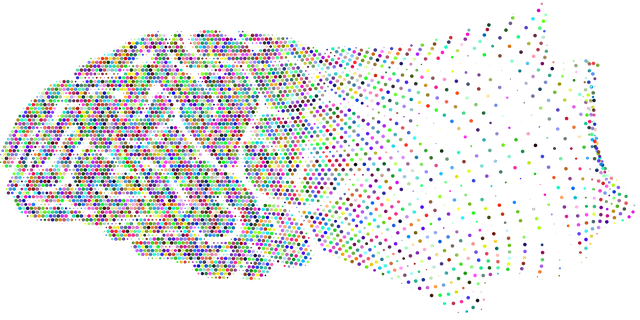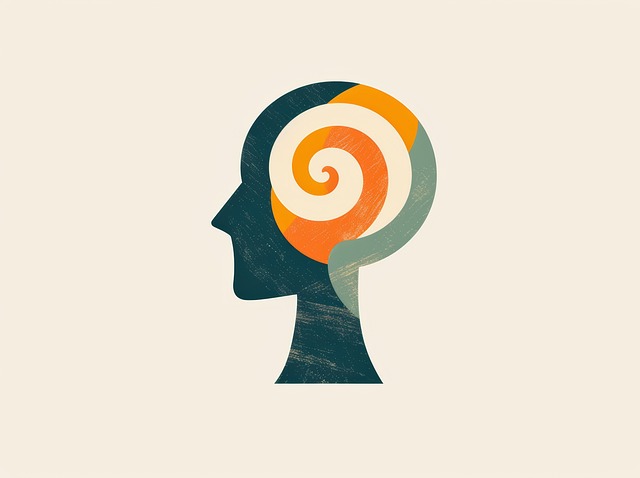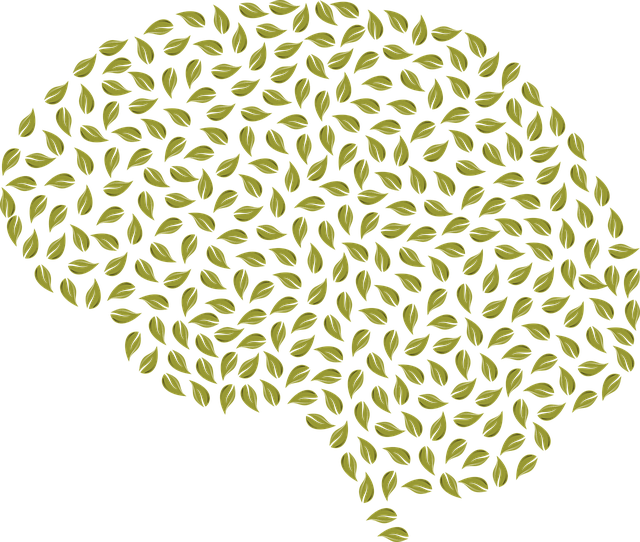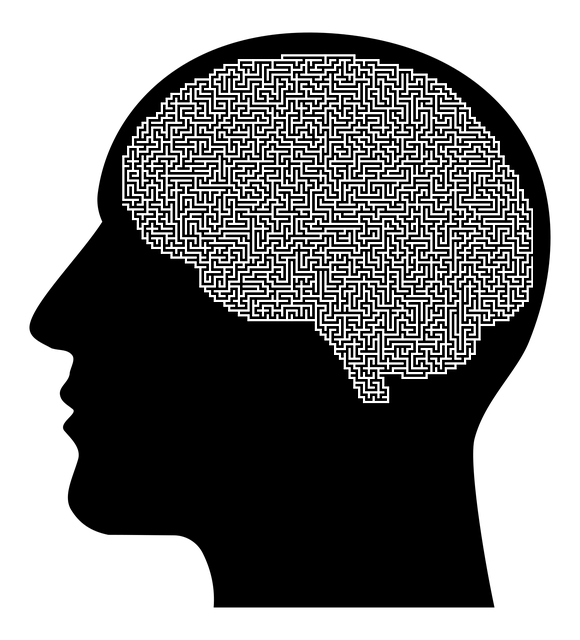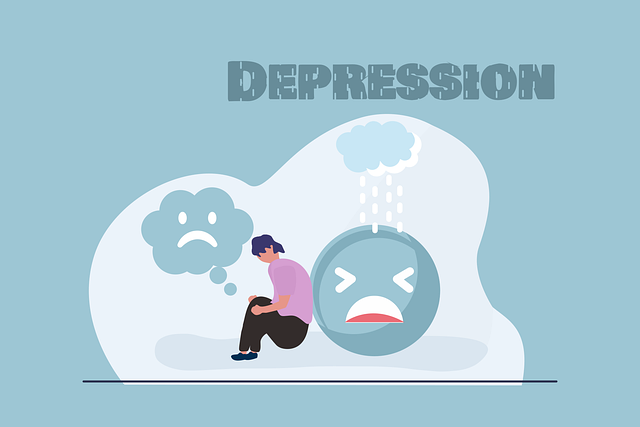Community outreach programs in Colorado Springs integrate Somatic Experiencing Therapy (SET) to advance mental wellness and build resilience, especially among marginalized groups. Through interactive workshops and support groups, these initiatives equip residents with coping mechanisms for stress and life challenges, promoting mindfulness meditation. By training facilitators, designing tailored programs, engaging local organizations, and continually evaluating impact through both qualitative and quantitative methods, Colorado Springs can harness SET's power to foster a healthier, more connected community.
“Community outreach programs play a pivotal role in enhancing the well-being of cities like Colorado Springs, offering tailored support and resources directly to residents. This article explores the implementation of Somatic Experiencing Therapy (SET) within these initiatives, highlighting its potential to transform lives. We provide a comprehensive guide on integrating SET, step-by-step, for maximum impact. Additionally, evaluation strategies are discussed to ensure successful outcomes, focusing on Colorado Springs’ unique context and the power of community-driven therapies like SET.”
- Understanding Community Outreach Programs: Their Role and Benefits for Colorado Springs
- Implementing Somatic Experiencing Therapy in Community Outreach: A Step-by-Step Guide
- Measuring Success: Evaluation Strategies for Community Outreach Programs in Colorado Springs
Understanding Community Outreach Programs: Their Role and Benefits for Colorado Springs

Community outreach programs play a pivotal role in fostering connection and enhancing well-being within Colorado Springs. These initiatives, such as those offering Somatic Experiencing Therapy (a unique approach to trauma healing), serve as lifelines for many residents navigating personal challenges. By bringing mental health services directly into communities, these programs ensure accessibility, particularly for marginalized or underserved populations who may face barriers in seeking traditional therapy.
In the vibrant tapestry of Colorado Springs, outreach efforts focus on various aspects of holistic well-being. They promote not only Stress Management and Resilience Building but also cultivate a sense of belonging and empowerment. Through interactive workshops, support groups, and individual counseling sessions, residents gain valuable tools for navigating life’s complexities. This personalized approach to mental health care empowers individuals to embrace mindfulness meditation as a means to cope with stress, fostering a more resilient and adaptable community overall.
Implementing Somatic Experiencing Therapy in Community Outreach: A Step-by-Step Guide

Implementing Somatic Experiencing Therapy (SET) in community outreach programs offers a transformative approach to enhancing mental wellness and social skills. SET is a unique therapy form pioneered by Dr. Peter Levine, focusing on the connection between the mind and body to achieve profound healing. In Colorado Springs, where community engagement is vital, this therapeutic method can be a game-changer for improving overall well-being.
Here’s a step-by-step guide to integrate SET into outreach initiatives:
1. Training & Certification: Ensure facilitators are trained in SET by accredited professionals. This specialized training equips them with the skills to conduct sessions safely and effectively.
2. Program Design: Develop structured programs tailored for specific community needs, such as stress management workshops or social skills training for youth. Incorporate interactive activities that encourage participants to explore their bodily responses to stress or trauma.
3. Community Engagement: Partner with local organizations, schools, or community centers to offer these programs. Utilize social media and word-of-mouth marketing to spread awareness about the benefits of SET.
4. Adaptability: Customize sessions for diverse populations, considering age groups, cultural backgrounds, and individual needs. This ensures inclusivity and higher engagement.
5. Feedback & Evaluation: Regularly collect feedback from participants to improve program delivery. Assess the impact on mental wellness and social interactions to measure the success of SET integration in community outreach.
Measuring Success: Evaluation Strategies for Community Outreach Programs in Colorado Springs

Measuring success is a critical aspect of community outreach programs, and evaluating their impact on Colorado Springs’ residents is essential. For initiatives focusing on somatic experiencing therapy and emotional healing processes, several strategies can be employed to assess progress. These include qualitative methods like participant feedback forms and in-depth interviews, which provide valuable insights into individuals’ experiences and the program’s effectiveness.
Quantitative assessments, such as tracking attendance rates, pre-post tests measuring emotional intelligence and self-awareness exercises, and follow-up surveys, offer tangible data on program performance. By analyzing these metrics, organizers can identify areas of strength and weakness in their outreach strategies. This data-driven approach allows for continuous improvement, ensuring that Colorado Springs’ community outreach programs contribute to the emotional well-being and overall health of its citizens.
Community outreach programs, such as implementing Colorado Springs Somatic Experiencing Therapy, play a pivotal role in enhancing the well-being of individuals and communities. By following a structured guide for implementation and employing robust evaluation strategies, organizations can ensure these programs deliver measurable benefits. Through this approach, Colorado Springs can foster a healthier, more connected society, where residents have access to transformative therapies that enrich their lives.
